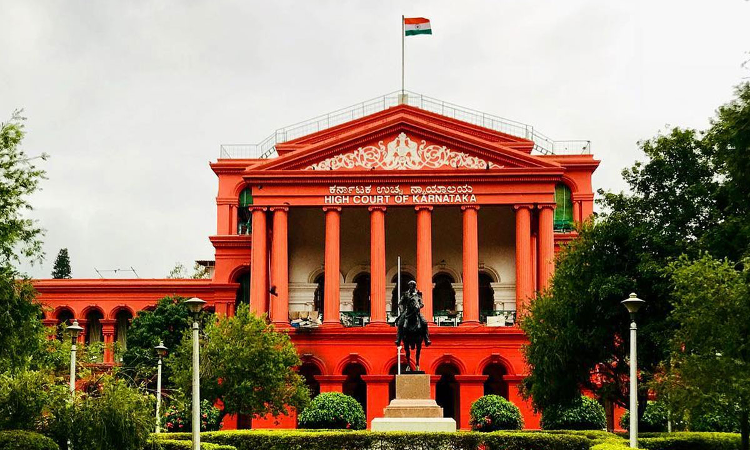The Karnataka High Court has held that an offence under Sections 494, 495 and 496 of the IPC, which pertain to a spouse marrying again during the lifetime of husband or wife can be pursued against the erring spouse. However, other members of the family or members of the extended family of the erring spouse, cannot be prosecuted for the offence.Justice R Nataraj said,“A perusal of Sections...

